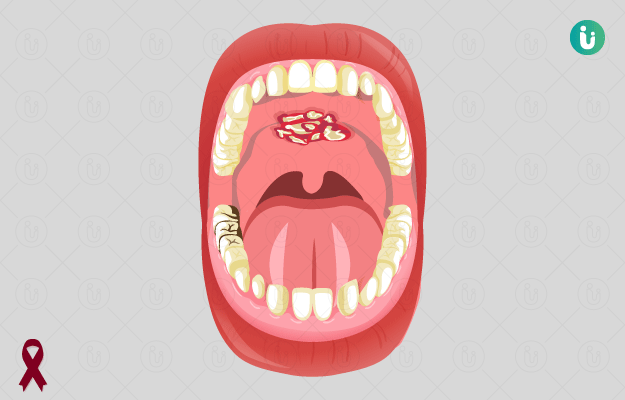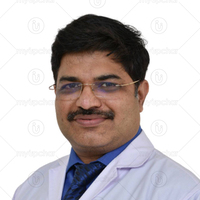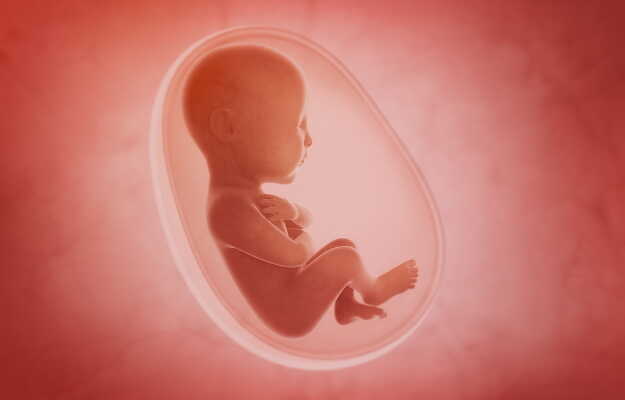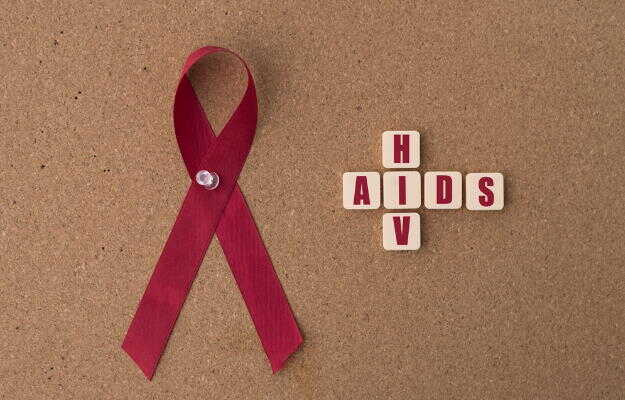Summary
Oral cancer or mouth cancer as it is popularly known is a malignant (cancerous) condition affecting people of any gender and all age groups. Research claims that its incidences are more prevalent in middle age group (29-50 years) resulting in untimely deaths. Global oral cancer statistics indicate that oral cancer is among the top three cancers impacting the Indian subcontinent majorly because of excessive tobacco consumption. However, with the advancement of medical science oral cancer can be effectively cured when detected in early stages. The treatment of oral cancer includes drug targeted therapy, radiation therapy, chemotherapy and oncosurgery of the oral cavity. Read on to find out everything about oral cancer.

 Doctors for Oral Cancer
Doctors for Oral Cancer  OTC Medicines for Oral Cancer
OTC Medicines for Oral Cancer
 Oral Cancer articles
Oral Cancer articles

 Homeopathic Treatment of Oral Cancer
Homeopathic Treatment of Oral Cancer







 Dr. Rachita Narsaria
Dr. Rachita Narsaria











